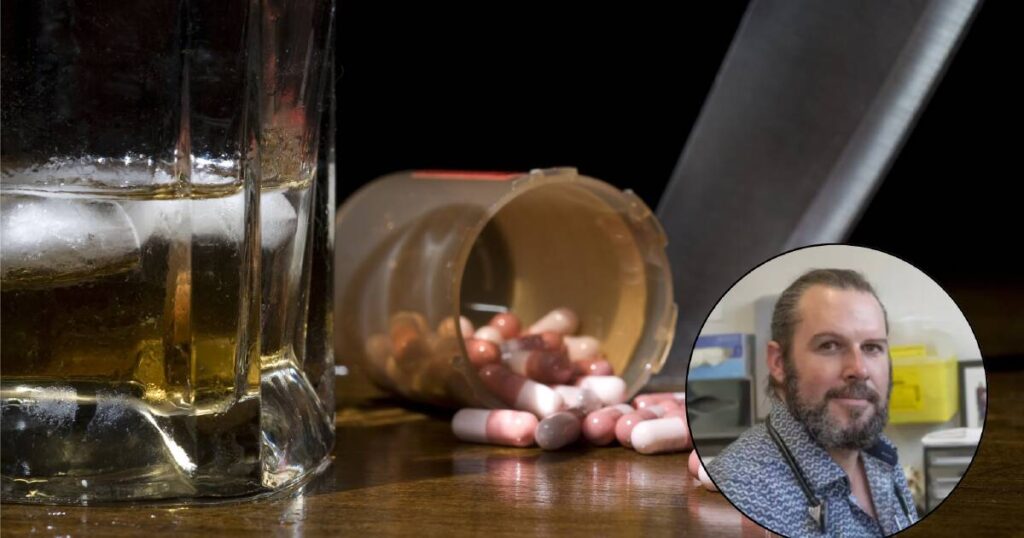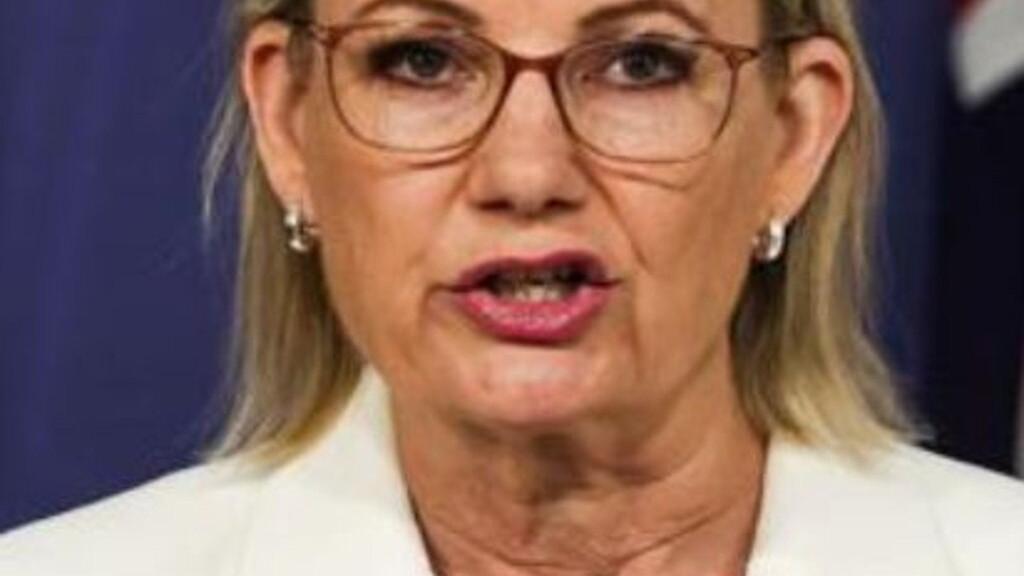
Tasmania’s government is facing renewed calls to implement pill testing at festivals as concerns grow over the emergence of dangerous synthetic opioids. The Royal Australian College of General Practitioners (RACGP) advocates for a shift in policy, citing successful trials in other Australian states. Despite these calls, the current Liberal government maintains its opposition to such initiatives, leaving any potential progress reliant on pressure from opposition parties and independent members.
In recent comments, RACGP state president Toby Gardner highlighted the urgency of the situation. He pointed out that the Australian Capital Territory has already established a fixed site for substance testing, while both Queensland and Victoria are set to trial similar programs. New South Wales has announced a 12-month mobile testing initiative, underscoring a growing recognition of the need for harm reduction measures as the summer festival season approaches.
Dr. Gardner emphasized the severity of the issue, noting the rise of new synthetic opioids like nitazenes, which are significantly stronger than fentanyl and pose serious risks to users. “These substances are being detected in various forms, including counterfeit medications and vapes,” he stated. He warned that every year, the drug market sees the arrival of new and potentially lethal substances, making it vital for Tasmania to adopt testing measures to protect its citizens.
The lack of nearby hospitals at many Tasmanian festivals further complicates the issue. According to Dr. Gardner, on-site pill testing can provide immediate access to health professionals, potentially saving lives during drug-related emergencies. He reiterated, “If we can just save one life in Tasmania, then it’s a win.” The RACGP’s position advocates for a harm minimization approach, acknowledging that substance use will continue regardless of legal restrictions.
Dr. Gardner also provided insight into the financial aspects of implementing such programs. He noted that the NSW government’s mobile testing initiative will cost approximately $1 million and will cover between 10 to 12 festivals annually. With advancements in technology, the costs associated with testing have become more manageable than they were a decade ago.
Public sentiment appears to be shifting, with Dr. Gardner observing a growing acceptance of pill testing among the populace. “I think perhaps the time is right with this current government, who are looking to be a bit more progressive and future-focused,” he remarked. This sentiment reflects a broader understanding that education and harm reduction are essential in addressing substance use.
Health Minister Bridget Archer expressed the government’s concerns regarding the effectiveness of pill testing as a harm minimization strategy. “While it’s alarming that new drugs are continually emerging, we must ensure that our educational approaches are comprehensive and address various substances, including alcohol,” she noted. This statement highlights the government’s cautious stance on the issue.
On the other hand, Helen Burnet, the Greens’ preventative health spokeswoman, sees an opportunity for change within the new parliament. She believes that a collaborative approach could finally break the cycle of inaction seen in previous administrations. “Pill testing raises awareness about the dangers of unregulated drug production and can help users make informed choices,” Burnet stated.
As Tasmania grapples with the complexities of drug use and public health, the advocacy for pill testing continues to grow. The state faces a crucial decision that could impact the safety of festival-goers, as well as set a precedent for future drug policy. The discussion surrounding pill testing represents a pivotal moment in Tasmania’s approach to drug-related challenges and harm reduction strategies.






